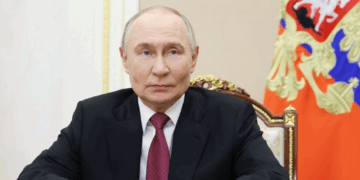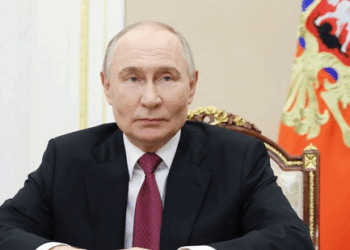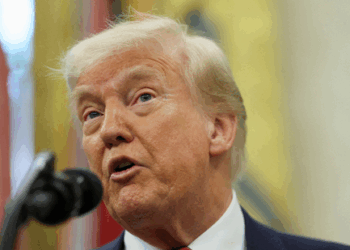Brazil’s decision to become a part of the OPEC+ alliance has garnered attention globally. The move signifies a strategic shift in Brazil’s energy policies and international collaborations.
Former President Lula stated that Brazil’s involvement in OPEC+ is aimed at influencing oil-producing nations to reduce their dependence on fossil fuels. He emphasized the need for a collective effort to address climate change and promote sustainable energy alternatives.
Lula’s remarks hint at Brazil’s intention to use its position within OPEC+ to advocate for policies that align with the global push towards renewable energy and a greener future. This move may reshape discussions within the alliance and impact global energy dynamics.
In an official statement, Lula highlighted the urgency of transitioning away from fossil fuels to mitigate the effects of climate change. He expressed confidence that Brazil’s participation in OPEC+ would contribute to shaping a more sustainable and environmentally friendly energy landscape.
Brazil has been actively investing in renewable energy sources, including hydropower and biofuels. The decision to join OPEC+ aligns with the country’s broader strategy to diversify its energy portfolio and reduce reliance on traditional fossil fuels.
Brazil’s participation in OPEC+ opens avenues for collaboration with major oil-producing nations. This engagement provides Brazil with an opportunity to influence global discussions on energy policies, emphasizing the importance of transitioning to cleaner alternatives.
The inclusion of Brazil in OPEC+ introduces a new dynamic to the alliance, potentially influencing discussions on production quotas, pricing, and the overall direction of the global oil market.
Lula’s emphasis on addressing climate change within OPEC+ may lead to increased dialogue on incorporating environmental considerations into the alliance’s policies.
As Brazil takes on an active role in the OPEC+ alliance, the international community watches closely to assess the impact of this development on global energy strategies








 India
India












